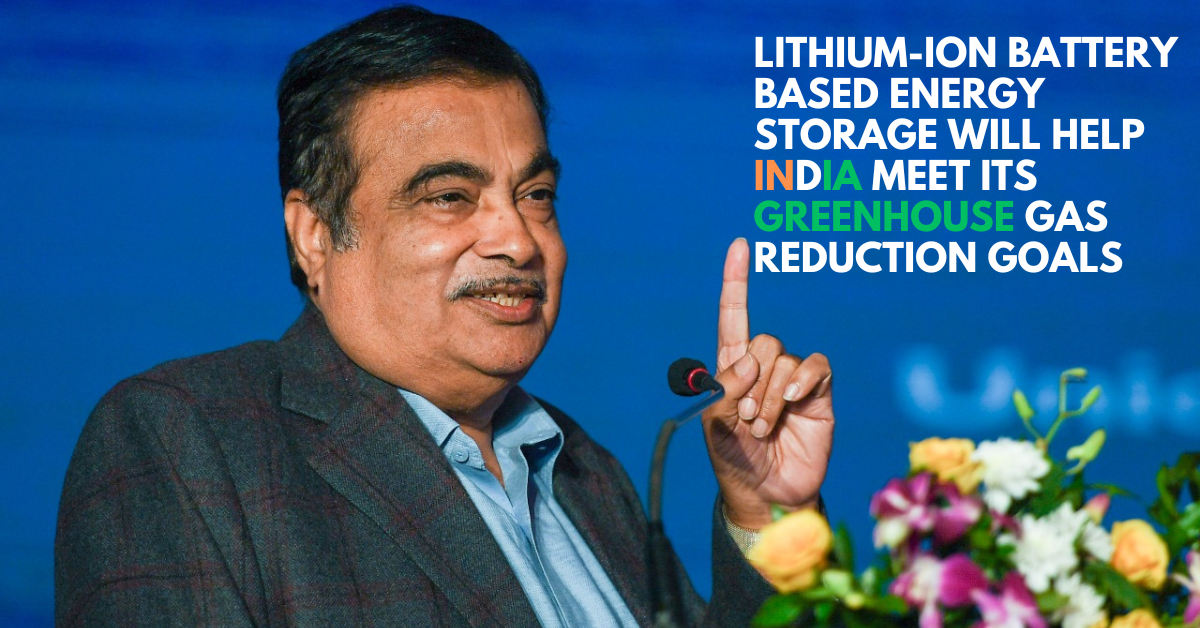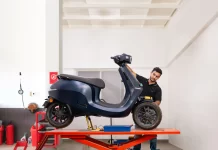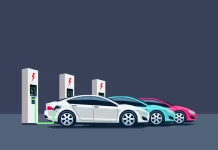Lithium-ion Batteries in India
Currently, India is experiencing a significant increase in energy demand because of rapid economic growth, which necessitates an energy transition and a shift away from fossil fuels.
Lithium-ion batteries play a vital role in the energy transition as the medium for energy storage. It is the most cost-effective, versatile, and reliable choice on the market for meeting the growing needs of electric mobility and renewable energy storage ecosystems.
By leveraging energy storage based on lithium-ion batteries, India is taking significant efforts to achieve its greenhouse mitigation targets. It can leverage innovation in lithium-ion batteries and battery recycling technology to enhance energy storage capabilities and optimize renewable energy utilization.
With lithium being a crucial raw material for EV production, India seeks to reduce its reliance on imports and increase domestic manufacturing. The Ministry of Heavy Industries recently revealed a Production Linked Incentive (PLI) Scheme for Advanced Chemistry Cells (ACCs), with an investment of Rs. 18,100 Crore over 5 years. The scheme aims to establish a competitive ACC battery manufacturing capacity of 50 GWh, along with 5GWh of niche ACC technologies.
Schemes to Boost EV Production
In addition, the Indian Government has taken further measures and introduced 2 schemes to boost the production of EVs in India, especially in the public transport sector.
1. Faster Adoption and Manufacturing of Hybrid and Electric Vehicles in India (FAME India)
2. Production Linked Incentive (PLI) Scheme for Automotive Sector
The FAME Scheme’s Phase-II provides incentives to EV buyers with upfront price reductions. It has been extended until March 2024 for the same purpose. Moreover, the PLI Scheme for the Automotive Sector was also notified for the benefit of the buyers. It has a budget of Rs. 25,938 crore including coverage of electric vehicles.
The Government of India has also published the Battery Waste Management Rules, 2022 for environmentally sound management of waste batteries, including EV batteries. These rules provide an extended producer responsibility framework for producers of batteries to recycle or refurbish the waste batteries as per the prescribed timelines. They also mandate that recyclers recover the minimum percentage of materials from waste batteries.
All this information was provided by the Minister of State for Heavy Industries, Shri Krishan Pal Gurjar, in a written reply to the Lok Sabha.







